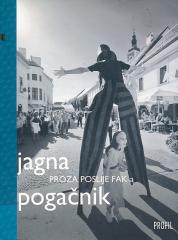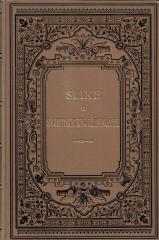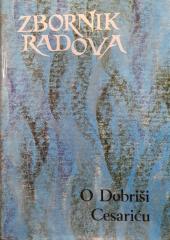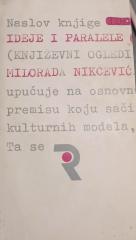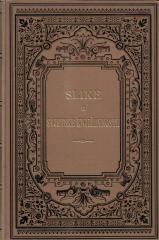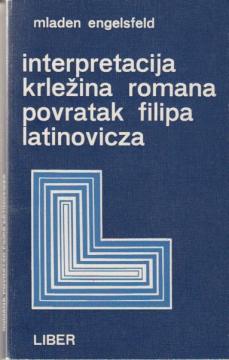
Interpretacija Krležina romana Povratak Filipa Latinovicza
Autor pristupa djelu kroz prizmu arhetipske kritike i vidi ga kao djelo koje kroz introspektivnu naraciju i simboličku strukturu istražuje duboke egzistencijalne teme, čineći ga jednim od ključnih romana hrvatske modernističke književnosti.
Engelsfeld ističe da je Filipov proces individuacije oblikovan njegovim antitetičnim pogledom na svijet, gdje se suprotstavljaju racionalno i emocionalno, svjesno i nesvjesno. Filipova introspektivna potraga za samim sobom vodi ga kroz analizu vlastitih trauma, sjećanja i odnosa s majkom, što simbolizira dublju egzistencijalnu krizu.
Roman se također bavi pitanjem identiteta i pripadnosti, gdje Filipov povratak predstavlja pokušaj pomirenja s vlastitom prošlošću i kulturnim naslijeđem. Engelsfeld povezuje ovaj motiv s temama prisutnim u Krležinim novelama, poput "Vražjeg otoka", gdje se istražuju slični problemi identiteta i smisla života.
Engelsfeldova analiza naglašava i simboličku dimenziju romana, gdje se likovi i događaji interpretiraju kao arhetipski obrasci koji odražavaju univerzalne ljudske dileme. Filipova umjetnička kriza i nemogućnost stvaranja postaju metafora za širu duhovnu i kulturnu krizu suvremenog čovjeka.
One copy is available
- Podvlačeno olovkom
